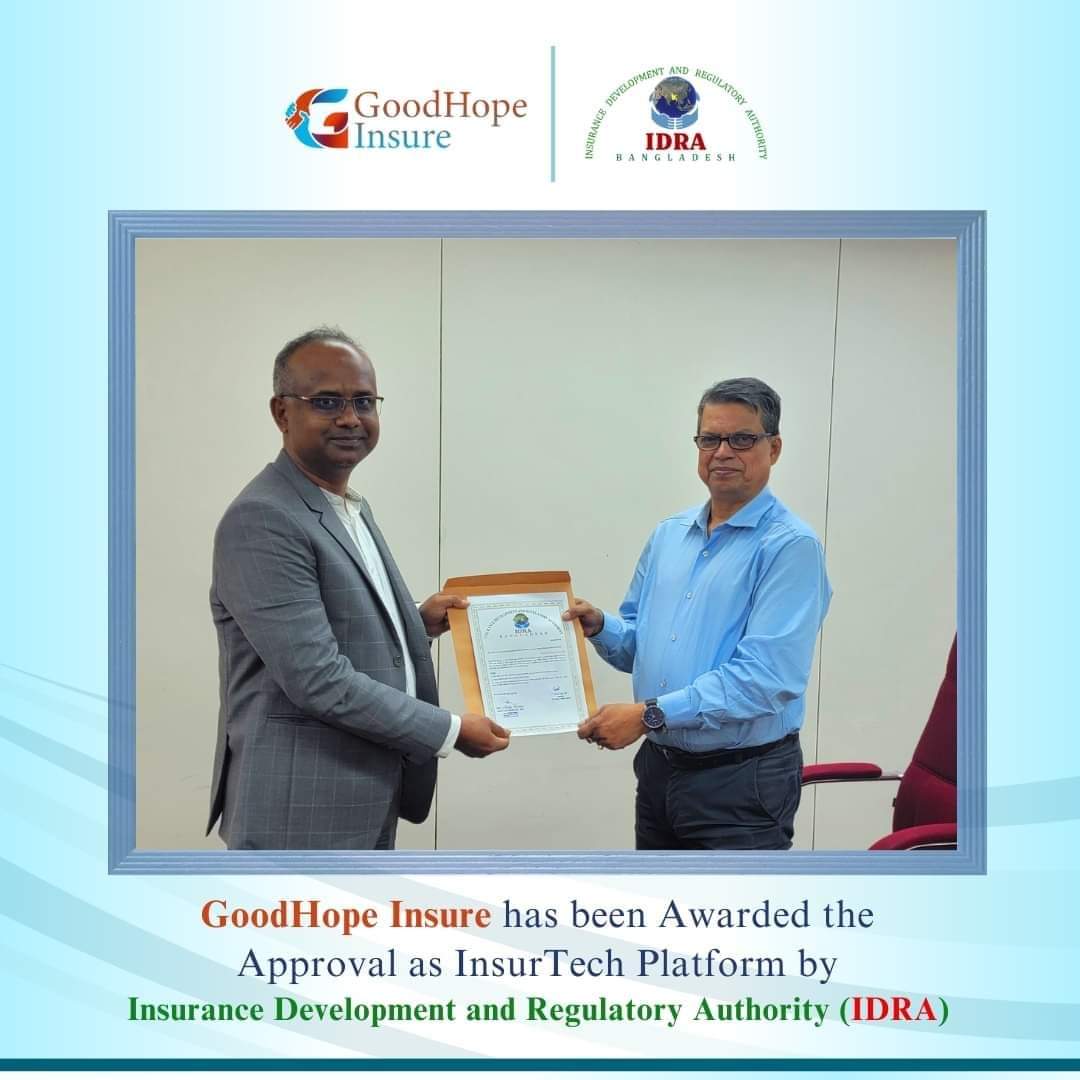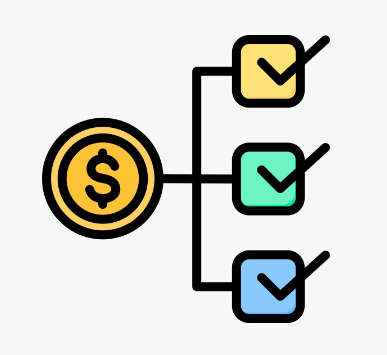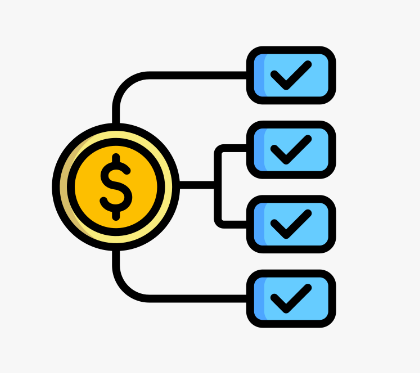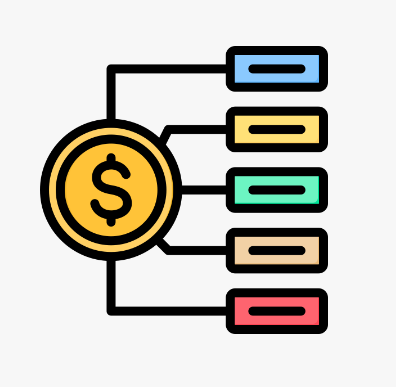Life Insurance
Life insurance in Bangladesh
Protect the potential financial uncertainty of your beloved family members with the life insurance in Bangladesh from GoodHope InsurTech Platform.
What is Life Insurance?
Life insurance constitutes an economic product that secures the people you love financially in the event of your premature death. When you buy a life insurance policy, it means you will make regular payments, called premiums, to an insurer (insurance company), after which it guarantees that upon your demise, your chosen beneficiaries will be granted either a lump sum or annuity.
Life insurance in Bangladesh becomes extremely essential for dealing with assuring that no matter what, your family would remain financially sound in your absence. It can be an appropriate policy for safeguarding their future, paying off the debts, or building savings that can be easily accessed for long term financial management.
Why Should You Get Life Insurance?
Only when some unfortunate event knocks on the door do many people in Bangladesh realize the importance of life insurance. Following are the very important reasons that explain the need for life insurance:
-
Financial Protection for Your Family
If you are the sole breadwinner of the family, your premature death can cause financial distress to all dependent family members. Economic help especially is provided to cover most daily expenses, including provisions and maintenance of dependent household members, as well as education and other liabilities.
-
Repayment of Debt
The outstanding debts such as home loan, car loan, personal loan, credit card, etc. can easily be settled with the penalty administration from life insurance. This will help to free up your family from any such unpaid commitments.
-
Funding to Education and Future Planning
For parents, ensuring their children's education and future needs is one park. A carefully laid out life insurance policy will ensure their education and other financial milestones are achieved.
-
Retirement Planning
Some life insurance policies like endowment plans and whole life insurance do allow you to build up wealth during its course. These will give you a good source of post-retirement income in your old age making you financially secure in your golden years.
-
Mental Peace
The knowledge that the loved ones shall remain financially stable even in his/her absence gives much mental peace to a person. Life insurance makes you feel sure that your family will not be struggling to survive when you are not there.
There are different life insurance policies in Bangladesh catering to different needs and financial objectives. Here are the most popular types:
Term Life Insurance
-
This policy is valid for a specified period, which can be for 10, 20, or even 30 years.
-
It offers a large sum assured at low premiums.
-
It is best suited for those who want cost-effective money-related security for their loved ones.
-
No savings/investments; only death benefit.
Permanent Life Insurance
Policy that ensures lifelong coverage and mostly includes saving plans. Two of the main policies are:
-
Whole Life Insurance
-
Provides coverage throughout life with a growing cash value component.
-
Offers security, savings, and investment opportunities.
-
Premiums remain fixed for the term of the policy.
-
It is best suited for very few people who wish to combine money protection with wealth accumulation.
-
-
Universal Term Insurance
-
Flexible premium payments and adjustable death benefit.
-
Contains a savings part that earns interest over time.
-
Allows modification of coverage according to the financial situation of the insured.
-
Best for those wanting long-term flexibility with their insurance program.
-
Endowment Life Insurance
-
A hybrid between life insurance and savings. Whichever way you look at it, an endowment policy promises to pay out a lumpsum amount at the maturity of the policy.
-
It can help you in long term planning for the financial futures of your children regarding education, marriage, or any other planning for retirement.
-
A big financial net in case of premature death during the continuation of the policy.
Family Life Insurance
-
One insurance solution that covers all family members under a single cover.
-
Makes sure all the dependents are equally and comprehensively covered.
-
This type of plan is very much suitable for families searching for cost-efficient solutions in life insurance.
Jibon Bima (Jiban Bima) Policies
-
These policies are especially designed for the people of Bangladesh desiring a financially secured life.
-
Options available include term life, whole life, and money-back plans.
-
You can choose from many types of options to meet your requirements.
Careful consideration must be made when selecting a life insurance policy, as it depends on an individual's financial situation and future goals. Below are some pointers:
1. Amount Covered
How much would your family require in terms of financial safety after you are no more? It would include daily expenses required for living, repayments of debts, children's education, and financial goals for the future.
2. Affordability of Premiums
Choose a suitable policy which offers premiums that you can pay within your budget. While term life insurance has lower premiums, the other types of insurance offer benefits but will cost a lot more.
3. Duration of Policy
How long do you require coverage? If you need only work-life coverage, then term life would suffice. Whole and universal life insurance, on the other hand, will cover you for your entire lifetime.
4. Supplemental Benefits (Riders)
There are some policies where you can add riders like coverage for critical illness when added to coverage for accidental death or payments made on disability protection will increase your coverage.
Why Choose GoodHope Insure for Life Insurance?
It has an extensive range of coverage, with policies in Term Life Insurance, Permanent Life Insurance, and Endowment Life Insurance..
-
Affordable premiums have high coverage at competitive rates.
-
Made-Easy and hassle-free online application process of purchasing life insurance is available.
-
Tailor-made Customized Plans are available which suite for individual and familial needs.
-
Professional Support: Experts are always on ground to guide you.
How Do You Get Life Insurance in Bangladesh?
-
Compare Plans: Research various life insurance policies online and compare them with one another.
-
Get a Quote: Use an online insurance calculator to find out what your premium will be.
-
Apply Online: Finish your application with the necessary paperwork.
-
Consult with the Experts: Talk to an insurance professional who will guide you in choosing a suitable policy.
Secure Your Future with the Best Life Insurance in Bangladesh
Life insurance is a policy of a long-term view to ensure the monetary future of one's family, be it Term Life Insurances, Permanent Life Insurances, or Jibon Bima policies. GoodHope Insure presents the best life insurance schemes from the bests life insurers in a single basket for meeting the unique needs in Bangladesh.
Start Today!
-
Step 1: Browse through our extensive life insurance plans.
-
Step 2: Select the best insurance plan from lots of products of different companies.
-
Step 3: Use our online calculator and get an instant quotation.
-
Step 4: Apply online in few simple steps.
-
Step 5: Consult our experts for any guidance.
Do not wait for the last moment- buy life insurance now and secure your family's future with GoodHope Insure Ltd.!













